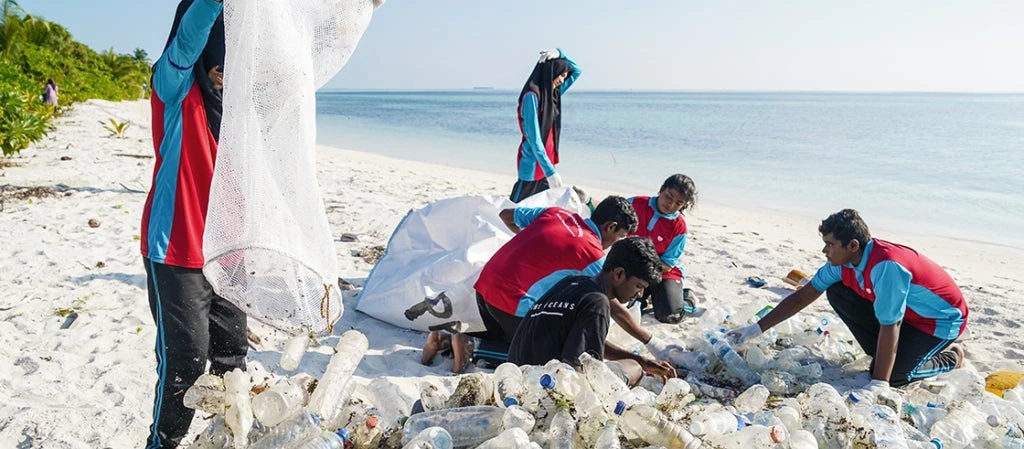On World’s Ocean Day, The World Bank, Parley for the Oceans, and the South Asia Cooperative Environment Programme (SACEP) joined hands to launch a $50 million regional project to help South Asia control and curb its marine plastic pollution and ramp up eco-innovation.
The agreement was signed virtually by Hartwig Schafer, World Bank Vice President for South Asia, Cyrill Gutsch, Founder and CEO of Parley, and Dr. Abas Basir, Director General of SACEP.
The mega project includes a $37 million grant from the International Development Association, and $13 million parallel financing from Parley for the Oceans.
Also See: Young Green Activists Blocked in India
The project pioneers a partnership between the World Bank, Parley for the Oceans, and SACEP. The SACEP is a member-based regional organization mandated to address environmental issues, which comprises all all eight South Asian countries, namely, Afghanistan, Bangladesh, Bhutan, India, Maldives, Nepal, Pakistan, and Sri Lanka. The project will support SACEP and its member-states drive innovation to reduce plastic pollution damaging marine life.
The project will help coordinate and facilitate action to allow the region to transition to a circular plastic economy. Encouraging investments and greater collaborations between the public and private sectors in the countries, as well as across borders is on cards.
Most of South Asia’s rivers and seas span across national boundaries, thus a regional approach is the only viable approach to address the problem of marine pollution.
Plastic waste that contaminates the land finds its way into rivers and eventually to the oceans. Thus it threatens development, and has profound ecological, economic, and health impacts.
Moreover, South Asia is the third-largest contributor to global plastic waste. If adequate measures are not taken, the region’s waste is estimated to double by 2050.



![Ukrainian and Russian flags with soldier silhouettes representing ongoing conflict. [Image via Atlantic Council].](https://southasiatimes.org/wp-content/uploads/2026/02/2022-02-09T000000Z_1319661209_MT1NURPHO000HXCNME_RTRMADP_3_UKRAINE-CONFLICT-STOCK-PICTURES-scaled-e1661353077377.jpg)


